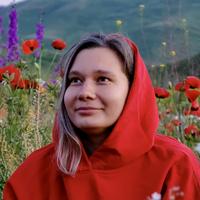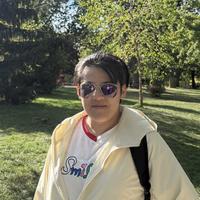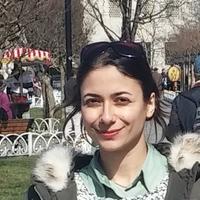Home
































About the Lab
Chandar Research Lab (CRL) is a machine learning research group in the Department of Computer and Software Engineering at Polytechnique Montreal. The long-term mission of our group is to develop interactive learning algorithms that continuously learn from experiences. Currently, the lab focuses on several areas in machine learning including Deep Learning, Reinforcement Learning, Lifelong Learning, and Natural Language Processing.
CRL is also affiliated with Mila, the Quebec AI Institute.
News
-
(October 2025) We’ve opened the 2025 iteration of the CRL Graduate Studies Application Assistance Program for Underrepresented Students in AI. Apply here
-
(September 2025) We’ll be having our annual CRL Symposium 2025 on August 19-20. Come check it out!
-
(August 2025) Two works on RLHF and representation steering accepted to COLM 2025.
-
(July 2025) One work on point tracking accepted to ICCV 2025.
-
(June 2025) One paper accepted to ACL 2025 and two others accepted to Findings.
-
(June 2025) Two works accepted to CoLLAs 2025.